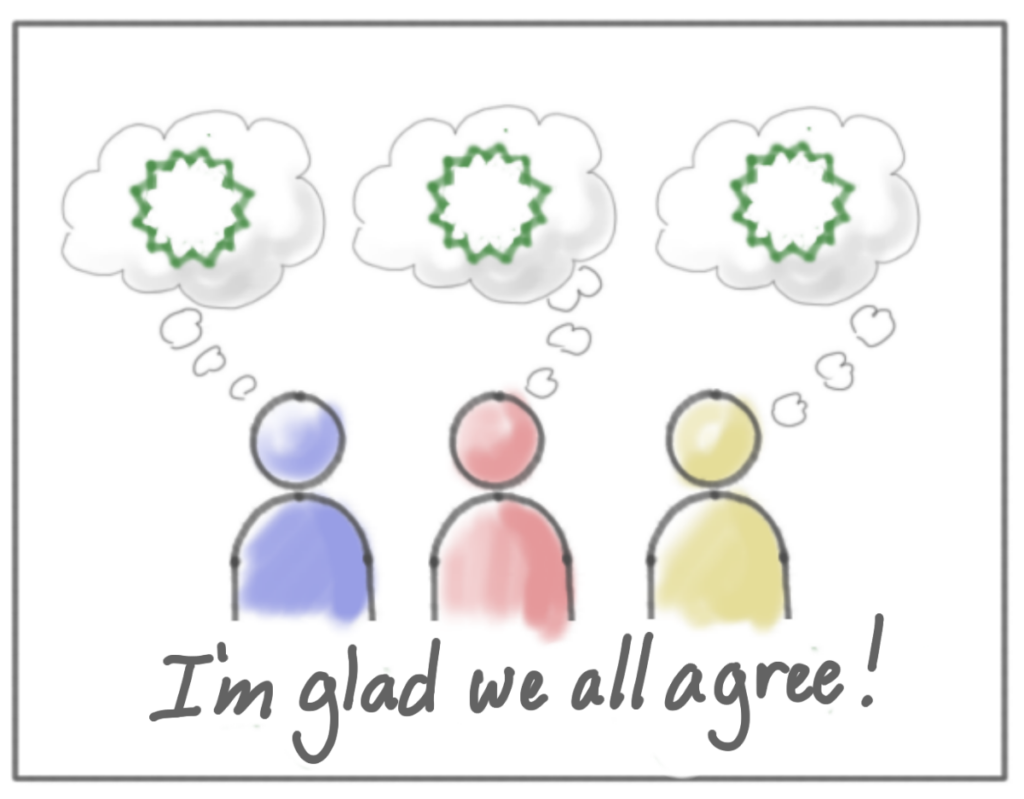
By Tom Lancaster
As a human being, I have needs and desires. As do you. In general, when those need and desires are met by those I am in relationship with, I feel ‘good’. When they are not met, I tend to feel ‘bad’.
Some of these needs and desires include love, safety, acceptance, validation, freedom, support, respect…you get the idea.
It’s all too easy for me to go through life expecting others to first know what my needs are and secondly to meet them. But if I simply expect you to meet my needs, without ever making them clear and explicit, and you simply expect me to meet yours, this causes a problem.
When I sit down with a new client, one of the first things I do is go through a set of agreements with them, and actually get to agreement with them.
Now an agreement is not a rule. It is not ‘you will be on time for every appointment or there will be x, y, z consequences. An agreement is something that both parties can agree on, which serves the relationship and each party in the relationship.
The first agreement I make with my clients is confidentiality, which has two parts. Nothing you share with me will be shared with anyone. And from my side, you are free to share anything I say with whoever you choose.
Once we agree on that, everybody is clear exactly where we stand on confidentiality. The client feels safe, and there is a clear boundary that had been established.
Without this agreement, it might be expected that the conversation will be confidential, but the client will find it much harder to be truly vulnerable unless a clear agreement is in place.
Other agreements could be around what coaching actually is. About punctuality. Rescheduling. They all set out a framework for what is and isn’t serving the relationship at any time.
“The more significant the potential outcomes, the more important clear agreements become.”
So agreements are tools I can use to stand for my clients. “I notice we made an agreement that you would take on the practices we discuss each session, but it seems that’s not happening. What’s getting in the way of that?”
This doesn’t make the other person wrong, but it gives an opportunity to explore what gets in the way of them achieving their stated goals. We all have needs and desires, and we very often have learned patterns of behaviour and emotional responses that get in the way of those desires. As a coach, clear agreements allow me to really stand for the client and put them at choice in their life – do they want to continue with the same patterns, or take on the work of establishing new ones?
It’s clear how agreements are an important part of a working relationship between a coach and a client, but they are important in every relationship because guess what, just like my clients, everyone else in my life also has needs and desires, and everyone else in my life has learned patterns of behaviour and emotional responses that get in the way of those desires.
It can feel very formal and uncomfortable to make agreements in this way with friends, family, lovers. But doing so creates a clear container for the relationship to live in. Then, when we bump up against the agreement we made, both parties can refer back to the original agreement, and a conversation can be had about whether that agreement still serves us, and if so what needs to be done to bring us back into alignment with that agreement.

Let’s say you and I are going to a meeting together. I feel like there are some things we need to discuss beforehand, and that we should meet 10 minutes early to get all our ducks in a row.
One option I have is to say to you “I’d like to discuss x, y and z before the meeting, can we agree to meet ten minutes before 1 to go over it?”
You can then agree to that, or propose another plan, and we can come to an agreement that serves both our needs.
The other option is that I just expect you to be 10 minutes early, because that’s what I would do. You however, think everything is in order, and show up at the stated time. I feel like you are irresponsible and resent you because the thing I wanted to discuss can’t now be discussed, and neither of us is at choice.
This is a very simple example but you can see how in almost every interaction we have with another human, agreement is much more empowering than expectation.
So agreements are important everywhere, but it is also true that the more significant the potential outcomes, the more important clear agreements become.
If we take climbing a mountain as an example, we need to be very clear that we agree on how we will communicate. Who will go first. What happens when things go wrong. Who is the ultimate decision maker. What are the conditions that will decide that we turn back and abandon the summit attempt.
This last one is something that has caused probably hundreds of not thousands of deaths in the mountains. Some members of the party want to continue, fixated on the outcome of reaching the summit, while others feel the weather is turning and the safe thing to do is retreat. The party continues because the first group are more adamant than the second and the whole party gets into significant trouble.
So the practice here is to notice where in your life do you have clear agreements, and where do you have expectations, but no agreements? How is your experience different in each scenario? When do you feel more empowered, more at choice? How would this scenario be different if there were clear agreements? How would it be different if there WEREN’T clear agreements?
